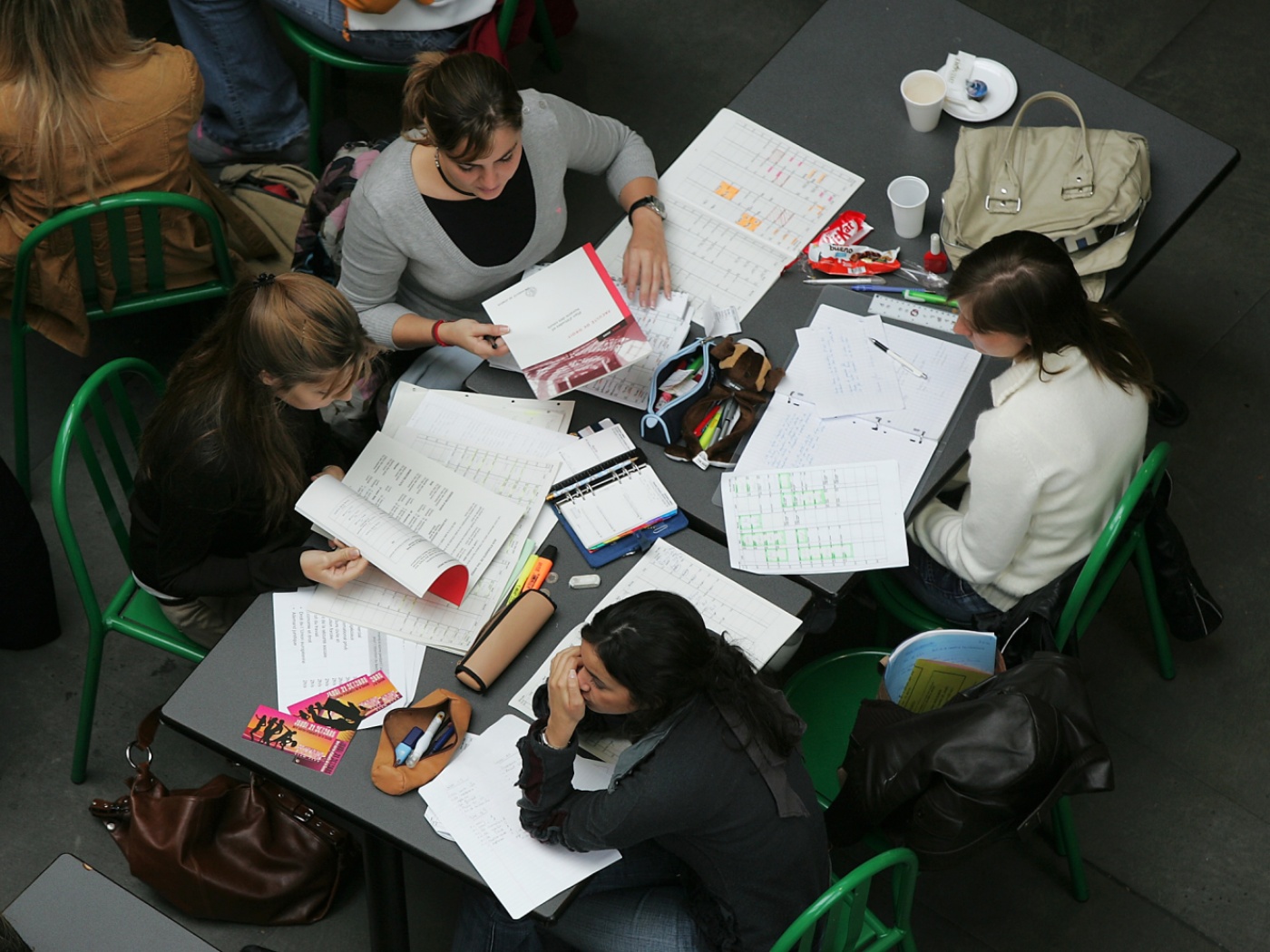
Continuing professional training leads to higher income, Swiss study shows

According to a study by the Swiss statistical office, ten years after graduating, people who continue training earn between CHF400 ($497) and CHF1,300 more per month than those who have not taken any further training.
+Get the most important news from Switzerland in your inbox
The study looked at the incomes of 150,000 people who, in 2012, had obtained a qualification at secondary level II (e.g., a professional apprenticeship diploma, a school of general education or a business school) or tertiary level (university, college, or a federal diploma). People who have continued their education in the ten years since then earn more, the Federal Statistical Office (FSO) said in a press release on Tuesday.
Holders of a professional apprenticeship diploma who continue their education earn around CHF1,000 more per month; higher vocational training graduates earn between CHF1,100-1,200 more; and holders of a bachelor’s degree between CHF600-800 more. Those with a master’s degree from a university or a teacher’s college earn between CHF400-CHF 1,000 more.

More
Why the world should take note of the Swiss apprenticeship model
The difference depends on the field of study, life course and age. Earnings are highest for people with a tertiary-level qualification in management and administration (CHF11,700 for a master’s degree in this field), accounting, marketing and secretariat (CHF12,700 for a federal diploma) and electrical and mechanical engineering (CHF12,400 for a doctorate).
For holders of a professional apprenticeship diploma, it is those in technical fields who have the highest incomes (for example, CHF7,900 francs for a diploma in the field of information and communication technologies).
Inequalities between men and women
The survey also shows that, irrespective of their level of employment, women earn 20% less than men ten years after graduation. These differences are 16% for holders of a professional apprenticeship diploma, 19% for those with a university qualification and 33% for those with a higher vocational training qualification.

More
Gender wage gap is shrinking in Switzerland – slowly
These differences can be explained in part by the lower employment rate among women. On a full-time basis, they range from 6% for people with a university qualification to 12% for those with a higher vocational training qualification.
Changing jobs
According to another study by the Federal Statistical Office, carried out in 2023 and also published on Tuesday, two-thirds of university graduates change jobs, either within the same company or from one employer to another, within five years of completing their studies. Those with a master’s or doctorate from a university are the most mobile (72%), closely followed by those with a bachelor’s degree from a university of applied sciences (68%).
Conversely, teacher’s college graduates show the greatest stability (44% change jobs). The main reasons given were the search for new professional challenges (45%) and dissatisfaction with the previous job (32%), particularly in relation to the working environment or the content of the tasks.
Nearly a quarter of those surveyed had seen their hierarchical position progress between one and five years after completing their studies. This progression generally led to an improvement in income (+13% to +18%) and a greater level of satisfaction in the new position (up to +47%).
What is your opinion? Join the debate:
Translated from French with DeepL/gw
We select the most relevant news for an international audience and use automatic translation tools to translate them into English. A journalist then reviews the translation for clarity and accuracy before publication.
Providing you with automatically translated news gives us the time to write more in-depth articles. The news stories we select have been written and carefully fact-checked by an external editorial team from news agencies such as Bloomberg or Keystone.
If you have any questions about how we work, write to us at english@swissinfo.ch.

In compliance with the JTI standards
More: SWI swissinfo.ch certified by the Journalism Trust Initiative






























You can find an overview of ongoing debates with our journalists here . Please join us!
If you want to start a conversation about a topic raised in this article or want to report factual errors, email us at english@swissinfo.ch.